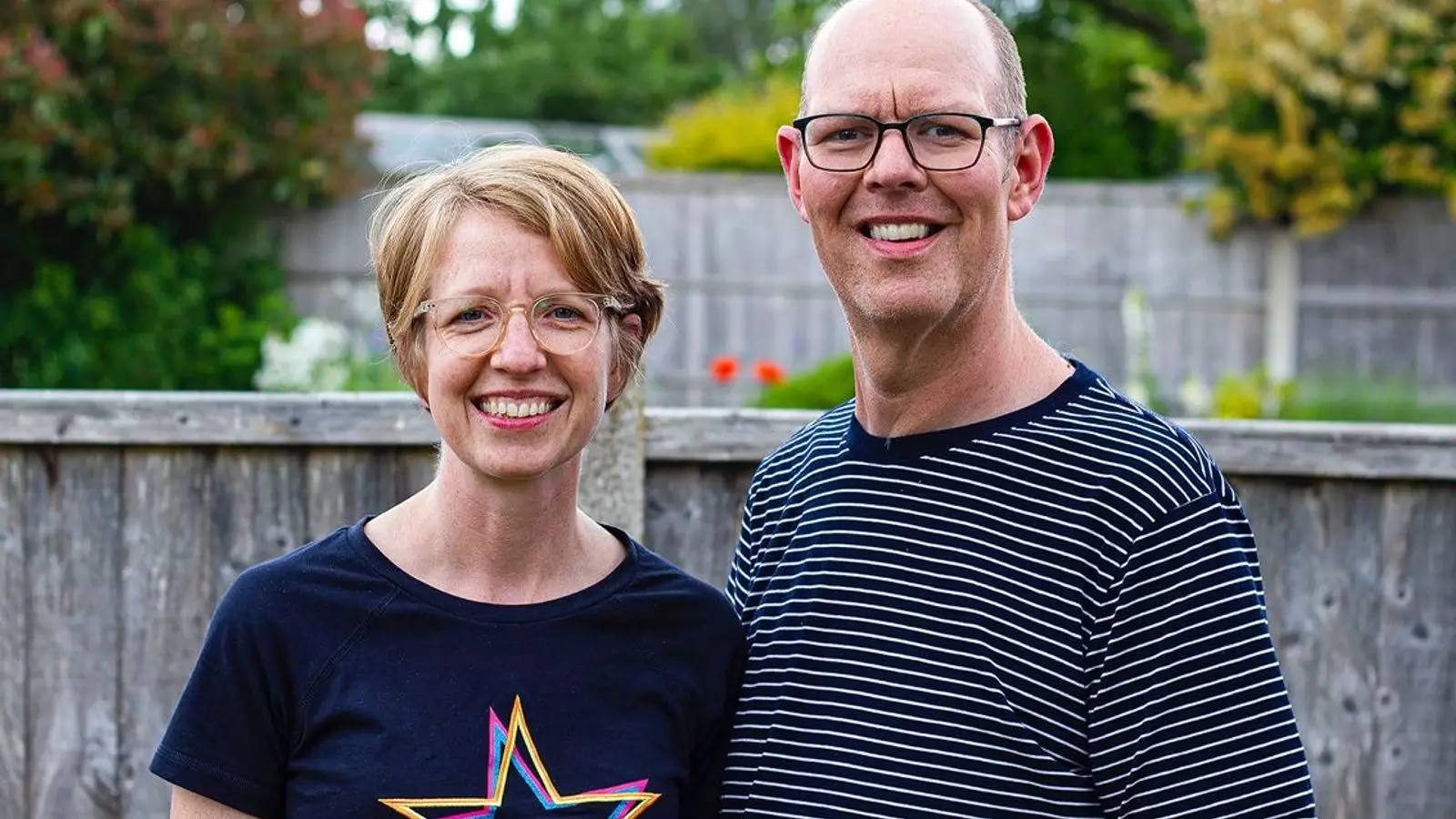In a grim display of brutality that underscores the fragile veneer of public safety, a horrific incident transpired during what should have been a joyous family celebration—a wedding that spiraled into chaos and tragedy. Hassan Jhangur, a 25-year-old man driven by a reckless disregard for human life, chose to transform a familial dispute into a deadly act of violence. Instead of restraint or dialogue, he resorted to dangerous driving and stabbing, leaving behind a trail of devastation that claimed the life of a compassionate bystander. The event reveals a disturbing truth: that violence, fueled by familial disputes and cultural insensitivity, can erupt unexpectedly, destroying innocent lives in its wake.
The Abdication of Responsibility in a Culture of Reckless Aggression
What is most troubling about Jhangur’s actions is the blatant abandonment of moral responsibility. His decision to use his car as a weapon—crashing into bystanders and then stabbing a man who was nothing but a helper—reflects an alarming decay of empathy and civility. Society often pretends to uphold justice, yet here we witness a blatant failure. Instead of addressing conflicts through dialogue or legal channels, some individuals choose violence, asserting dominance over others in a way that obliterates the societal fabric. The fact that Jhangur issued a chilling statement, “That’s why you don’t mess with the Jhangurs,” exposes a toxic mindset rooted in entitlement and pride, which must be challenged rigorously.
The Flawed Symbiosis of Justice and Cultural Bias
The court’s verdict, convicting Jhangur of murder despite his plea of guilty to dangerous driving, reveals a complex interplay between legal processes and cultural perceptions. The conviction of murder, based on the legal principle of transferred intent, underscores how justice attempts to hold offenders accountable—even when their actions are driven by personal vendettas or cultural conflicts. But the process shouldn’t stop at mere conviction; it must scrutinize the underlying societal factors contributing to such outbreaks of violence. The justice system’s handling of cases like this reflects a broader societal struggle: balancing accountability with societal reforms aimed at curbing cultural violence.
Familial Discord as a Catalyst for Tragedy
The incident’s roots trace back to familial discord—fuelled by disagreements over wedding arrangements and perceived slights—that escalated into physical confrontations. This pattern of violence within family disputes highlights a moral crisis buried beneath cultural customs: the inability to resolve conflicts peacefully. It calls into question the societal role of family honor and pride that often triggers tragic consequences. Violence becomes normalized, and individuals are led to believe that aggression is the only way to assert control or retribution. This mentality must be confronted by fostering more community-oriented conflict resolution mechanisms and promoting empathy as a core societal value.
The Society’s Failure in Protecting the Vulnerable
The tragic loss of Chris Marriott, the Good Samaritan who stopped to help an injured woman, starkly exposes a flaw in our communal responsibilities. Instead of being lauded, those who step up to assist others are exposed to danger in a society where violence is rampant and unchecked. This victimization of kindness is a harsh indictment of our social environment, which often neglects the safety and wellbeing of altruistic citizens. The harm inflicted upon Alison Norris and others further illustrates that in an environment marred by violence, even acts of compassion are met with risk, eroding the social bonds that should unite communities in mutual protection and support.
A Society at a Crossroads: Neglect and the Need for Reform
This tragedy forces us to confront uncomfortable truths about our collective failure. The legal aftermath, with Jhangur sentenced to life imprisonment, while necessary, cannot undo the loss of a life devoted to kindness and service. We need an honest reassessment of how cultural, familial, and societal pressures perpetuate cycles of violence. There must be proactive reforms to prevent such incidents—community programs emphasizing conflict resolution, education that challenges toxic notions of honor, and legal systems that prioritize rehabilitation over mere punishment. Without these changes, we risk consigning ourselves to a future where violence becomes the default response to disputes, and the danger persists for every innocent citizen.
Jhangur’s actions are not isolated; they mask a deeper malaise rooted in societal neglect and cultural intolerance. Recognizing and addressing these issues is not just essential—it is urgent. Without proactive steps to foster empathy, accountability, and justice, tragic incidents like this will continue to claim the lives of those who seek only to help and uphold the moral fabric of our communities.

Leave a Reply